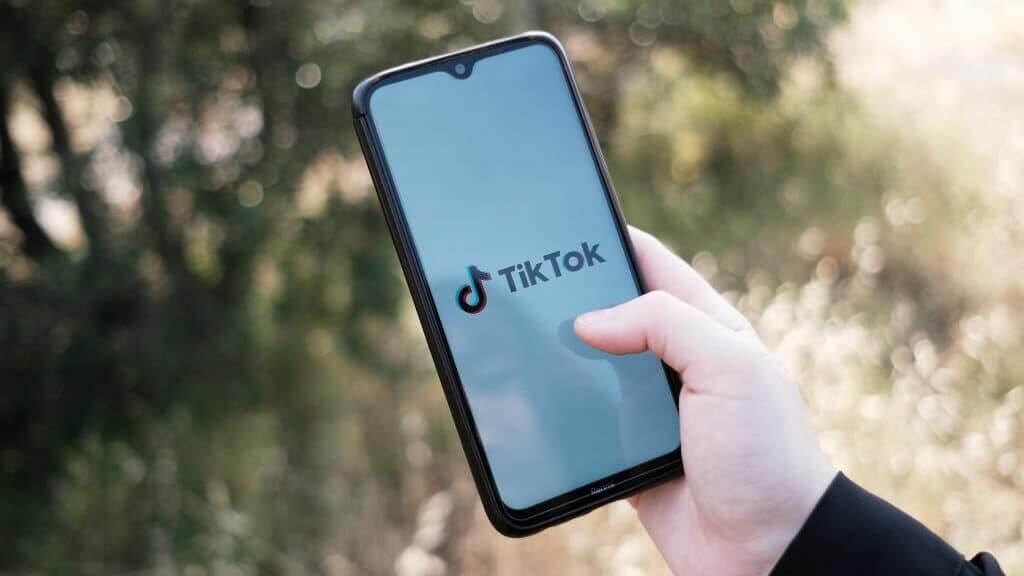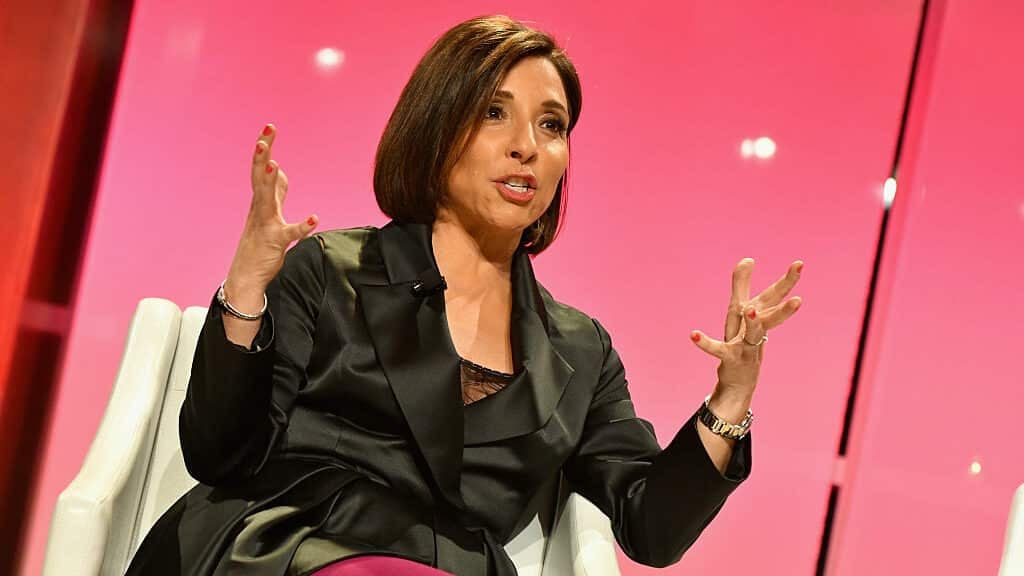The biggest CEOs of technology will be testifying in front of the US Senate on January 31st, 2024 during a hearing about child exploitation.
In a Wednesday announcement, the Senate Judiciary Committee said it would hear from Meta CEO Mark Zuckerberg, X (formerly Twitter) CEO Linda Yaccarino, TikTok CEO Shou Zi Chew, Snap CEO Evan Spiegel, and Discord CEO Jason Citron.
Senators Dick Durbin (D-IL) and Lindsey Graham (R-SC) issued subpoenas for Yaccarino, Spiegel, and Citron earlier this month after receiving “repeated refusals to appear during several weeks of negotiations.”
Zuckerberg and Chew were along the few to voluntarily agree to testify.

The senators claim that this hearing will give the CEOs the chance to “testify about their failure to protect children online.”
Meta has been facing lawsuits from over a dozen states over the claim that it misled the public about the safety of Facebook and Instagram. School districts across the US have filed suits against Meta, ByteDance, and Snap, accusing the platforms of becoming “addictive” to kids.

“We’ve known from the beginning that our efforts to protect children online would be met with hesitation from Big Tech,” Senators Durbin and Graham said in a joint statement. “They finally are being forced to acknowledge their failures when it comes to protecting kids. Now that all five companies are cooperating, we look forward to hearing from their CEOs. Parents and kids demand action.”
ADVERTISEMENT

Critics argue that recent bills to monitor safety are too far-reaching as of late and will do more harm than good.
Back in March of 2023, Utah signed a bill that would require minors to obtain parental consent to sign up on social platforms.

Some states as of late like Louisiana and Mississippi now require age verification to view content considered harmful to children, including pornography.
Other child safety bills, like the Kids Online Safety Act and COPPA 2.0 were also recently approved by the Senate Commerce Committee despite pushback from privacy advocates.








